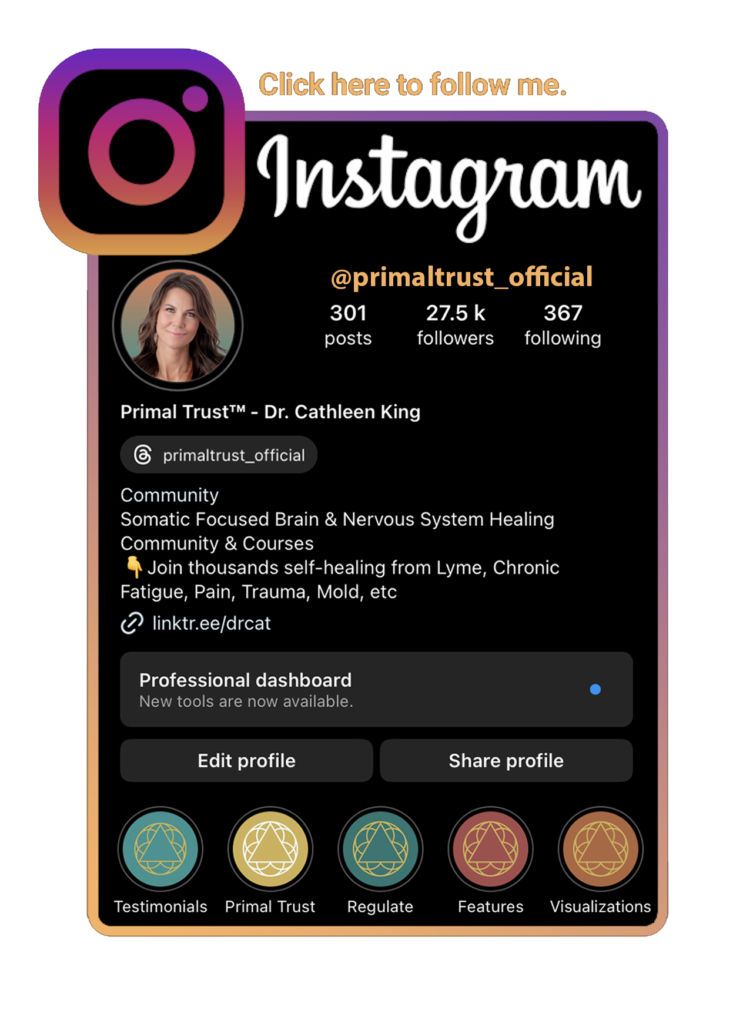Harnessing Positive Neuroplasticity for a Stronger, Happier Mind
“In order to carry a positive action, we must develop here a positive vision.” ~ Dalai Lama
It’s always incredibly inspiring, and sometimes even shocking, when we meet people in our lives who manage to remain positive and thrive, despite even the most seemingly impossible challenges. Is it because they have superhuman powers? Are they just somehow better than you and me? Well, the answer is, no. Those people are not superhuman, nor are they better than the rest of us.
You may be wondering, how do I reprogram my brain for positive thinking?
The fact is, people who thrive through difficult times have figured out the secret to a stronger, happier mind, and taking a page from their playbook is something all of us can do.
In the quest for a life filled with greater happiness and resilience, understanding the secret to a stronger mind is paramount. Unlike a magic potion or a one-time fix, the key to enhancing mental strength and overall happiness lies in the practice of positive neuroplasticity.
This powerful approach to mental training offers a way to reshape our thinking patterns, fostering a mindset that serves as our ally rather than an adversary.
In this article, we’ll delve into the essence of positive neuroplasticity training and offer practical tips for integrating it into your daily life. By doing so, you can begin to cultivate a mind that not only withstands the challenges of life but thrives amidst them.
10 Common Thinking Patterns
“Whatever one frequently ponders, that becomes the inclination of the mind.” ~ Buddha
Within our minds, we often fall prey to various thought distortions, also known as cognitive distortions. These patterns trick us into believing false narratives about ourselves and our experiences, perpetuating negative self-talk.
By recognizing and naming these distortions, we can challenge them with a healthier, more positive outlook. Here are 10 prevalent thought distortions:
Selective Focus: This distortion occurs when we ignore the positive aspects of a situation and concentrate solely on the negative. For instance, thinking a presentation went poorly because one attendee left early.
All-or-Nothing Thinking: This involves seeing things in absolute terms, with no middle ground. Missing one question on a test, for example, makes us believe we’ve failed entirely.
Generalizing: Here, we take a single negative event as a never-ending pattern of defeat. Failing one test convinces us the entire term will be a disaster.
Magnification: In this distortion, we blow up the importance of negative events far beyond their actual significance, such as assuming a failed test spells the end of our academic career.
Assumption: This is when we make quick, unfounded conclusions, like interpreting a glance as disdain without any concrete evidence.
Taking It Personally: We internalize external actions, comparing ourselves to others in a negative light, assuming comments or actions are directed at us personally.
Fallacy of Control: This involves two beliefs – one, that external forces control us, making us perpetual victims; or two, that we can control how others feel, attributing their emotions to our actions.
Fault-Finding: Here, we place the blame for our discomfort on others or ourselves for everything that goes wrong.
Infallibility: This distortion makes us believe we’re always correct and refuse to acknowledge others’ viewpoints.
Emotion-Based Reasoning: We mistake our feelings for reality, assuming that if we feel guilty, we must have done something wrong.
The Foundation of Mental Strength
As we transition from acknowledging our cognitive distortions to laying the groundwork for mental strength, it’s crucial to embrace the notion that our brain’s capacity for change is both immense and under our influence.
The ancient wisdom of mindfulness laid the groundwork for the concept of mind over matter. Modern neuroscience echoes this ancient wisdom with the axiom, “Neurons that fire together, wire together.” This neuroscientific principle illustrates how repeated thoughts and behaviors forge stronger neural pathways, shaping our mental and emotional inclinations over time.
Diving deeper reveals just how fascinating and resilient the human brain is. According to the National Library of Medicine, neuroplasticity, also known as neural plasticity or brain plasticity, is a process that involves adaptive structural and functional changes to the brain. It is defined as the ability of the nervous system to change its activity in response to intrinsic or extrinsic stimuli by reorganizing its structure, functions, or connections after injuries, such as a stroke or traumatic brain injury.

The Practice Becomes the Being
The implications of these insights are both simple and transformative: the qualities we cultivate through practice, such as compassion, mindfulness, and non-reactivity, gradually become woven into the fabric of our being.
This process mirrors the way in which physical skills, like playing a musical instrument or engaging in a sport, become second nature through consistent practice. Just as a seasoned pianist can effortlessly translate emotion into melody, a mind trained in positive habits can navigate life’s challenges with grace and resilience.
It’s truly amazing to realize that by consciously directing our thoughts and actions towards positive outcomes, we can reshape our neural pathways, moving away from patterns of worry, anger, and reactivity, and towards a state of happiness, confidence, and resilience. This process is akin to cultivating a garden of the mind, where we nurture the seeds of joy and contentment while uprooting the weeds of suffering and negativity.
Three Pillars of Positive Neuroplasticity Training
Embarking on a journey of positive neuroplasticity involves intentional practice in three key areas:
Unhooking from unhelpful thoughts
Cultivate mindfulness to recognize and detach from negative mental patterns. By shifting your focus from destructive thoughts to those that align with your desired state of being, you engage in a form of mental training that strengthens your inner resilience.
Shifting your focus
Actively redirect your attention towards thoughts and emotions that contribute to your well-being. Whether it’s fostering gratitude in the face of adversity, cultivating compassion towards others, or finding beauty in the mundane, this practice trains your mind to dwell in a state of positivity.
Aligning with your values
In challenging times, anchor yourself to your core values. By focusing on qualities such as self-compassion, courage, and kindness, you not only navigate difficulties with greater ease but also emerge from them with enhanced mental strength and wisdom.

Embarking on a Transformational Journey
As you integrate these practices into your daily life, you embark on a transformative journey toward mental strength and happiness. With each step, you reinforce positive neural pathways, gradually shifting from temporary states of well-being to enduring traits of resilience and joy. This journey is not about ignoring life’s challenges but about facing them with a mindset equipped to thrive.
A Call to Action
Each of us faces our own unique physical, mental, and spiritual challenges. So it’s encouraging to know that with patience and practice, you can cultivate a mind that is not only stronger but also more aligned with the essence of who you truly are.
Remember, the journey to a stronger, happier mind begins with a single step. Let that step be one of intentional practice, guided by the principles of positive neuroplasticity, and watch as the vast potential of your mind unfolds.At Primal Trust, we’ve built an empowered collective, helping our members experience healing from chronic stress, chronic illness and trauma. If you’re curious to learn more about brain retraining to self-regulate your biology, reach out and explore membership today.





